India and the United Kingdom finalised a landmark bilateral free trade agreement (FTA) on Tuesday (May 6).
Prime Minister Narendra Modi announced the completion of the deal in a post on social media platform X (formerly Twitter).
“These landmark agreements will further deepen our Comprehensive Strategic Partnership, and catalyse trade, investment, growth, job creation, and innovation in both our economies.”
Delighted to speak with my friend PM @Keir_Starmer. In a historic milestone, India and the UK have successfully concluded an ambitious and mutually beneficial Free Trade Agreement, along with a Double Contribution Convention. These landmark agreements will further deepen our…
— Narendra Modi (@narendramodi) May 6, 2025
UK PM Starmer made a similar announcement on X.
Today Britain has agreed a landmark trade deal with India.
— Keir Starmer (@Keir_Starmer) May 6, 2025
Fantastic news for British business, British workers, and British shoppers, delivering on our Plan for Change.
Good to speak to Prime Minister @NarendraModi as we mark this historic moment. pic.twitter.com/mr0wfatBcH
What gets cheaper with the FTA?
An FTA is an arrangement where countries agree either to completely remove or significantly lower customs duties on the maximum number of goods traded between them. It also leads to shedding of non-trade barriers on a substantial value of imports from partner countries.
The India-UK FTA lowers tariffs on products like whisky, cosmetics, advanced manufacturing parts, and food items such as lamb, salmon, chocolates, and biscuits, making them cheaper. Tariffs on medical devices will also be slashed. The deal also mentions to quotas on both sides for autos imports.
Easing norms to promote services exports and bilateral investments also comes under the purview of FTA.
Double Contribution Convention and what it means
The deal also includes a Double Contribution Convention (DCC). This is a bilateral arrangement between two countries designed to protect the social security rights of workers who move between them.
When a DCC is not in place, Indian professionals working in the UK (and vice versa) might be required to pay certain taxes in both countries. With the convention, contributions made in one country can count toward eligibility for benefits (such as pensions) in the other country. This ensures that workers don’t lose out on their retirement benefits just because they’ve moved.
Long road to the FTA
The deal between the world’s fifth and sixth largest economies has been finalised after three years of intermittent negotiations. It aims to boost bilateral trade by an additional £25.5 billion ($34 billion) by 2040, with the intention of liberalising market access and reducing trade restrictions.
READ MORE: The historic India-UK trade deal in 10 numbersDiscussions regarding a free trade agreement between India and Britain began in January 2022. This deal became a representation of Britain’s aspirations for an independent trade policy following its departure from the European Union.
However, the negotiations have faced interruptions, as Britain has had four different prime ministers since those talks started, and both countries held elections last year.
With inputs from agencies


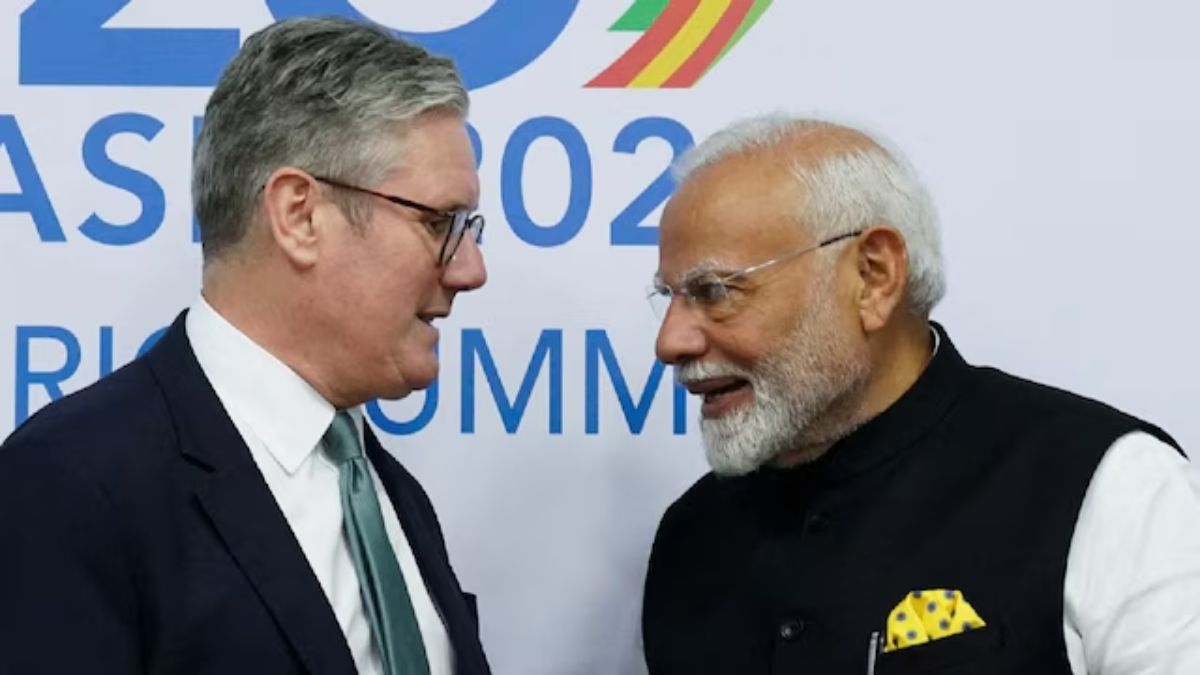)
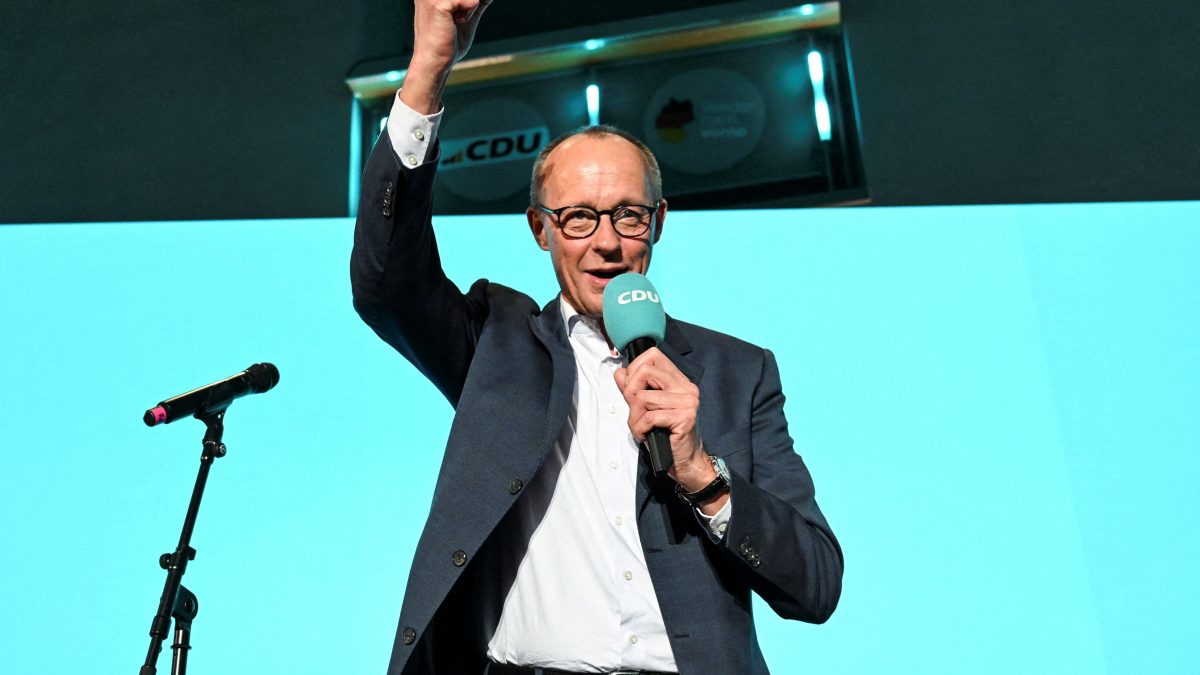)
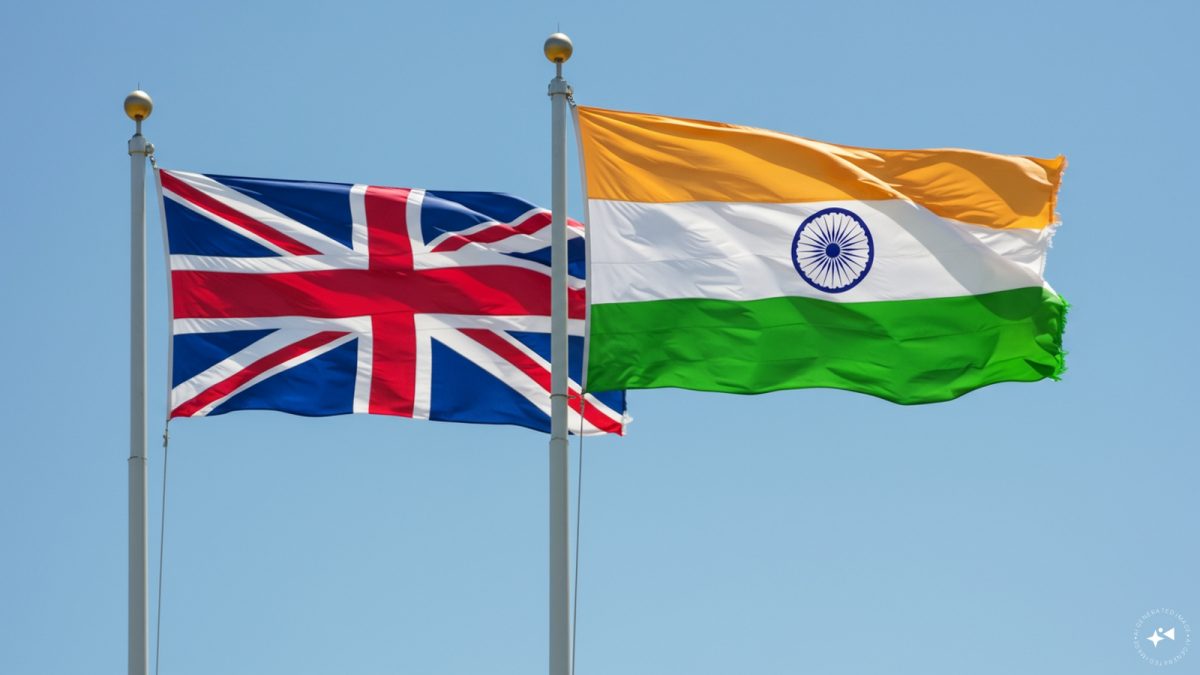)
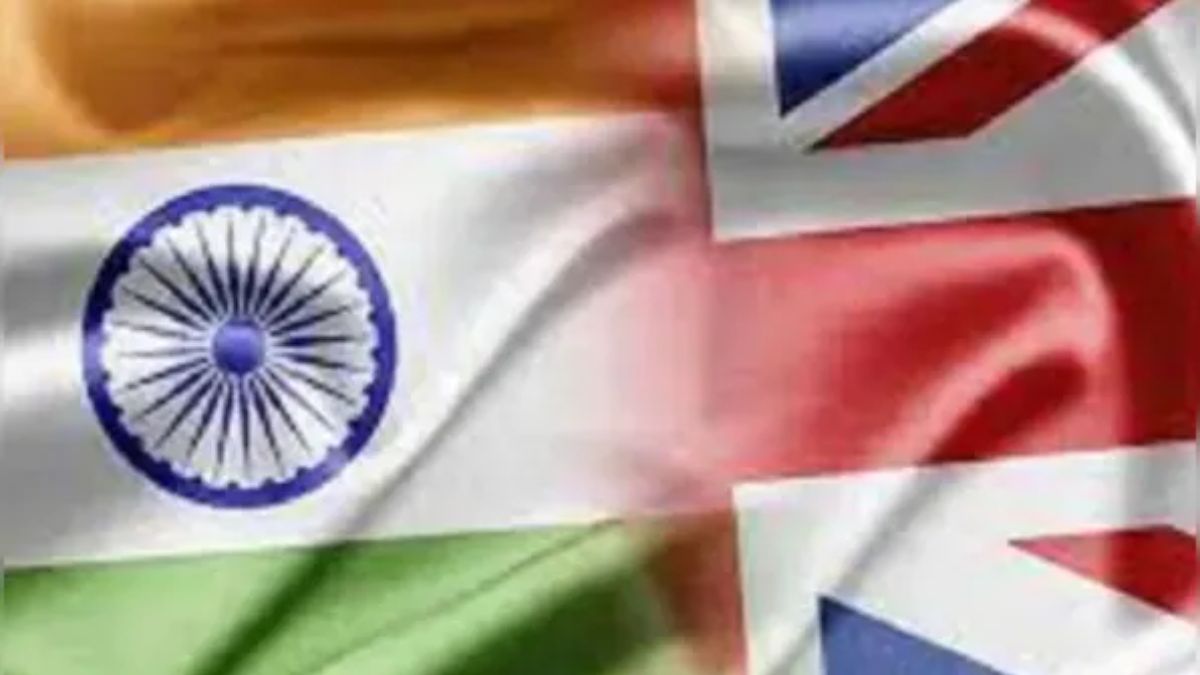)
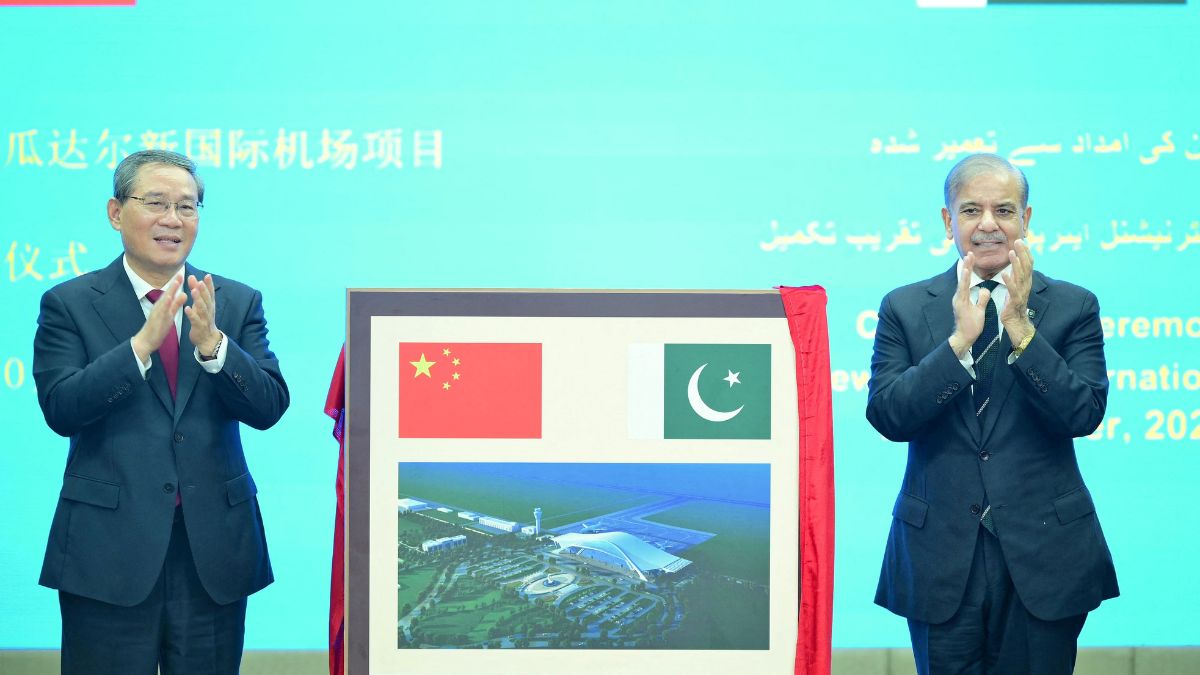)
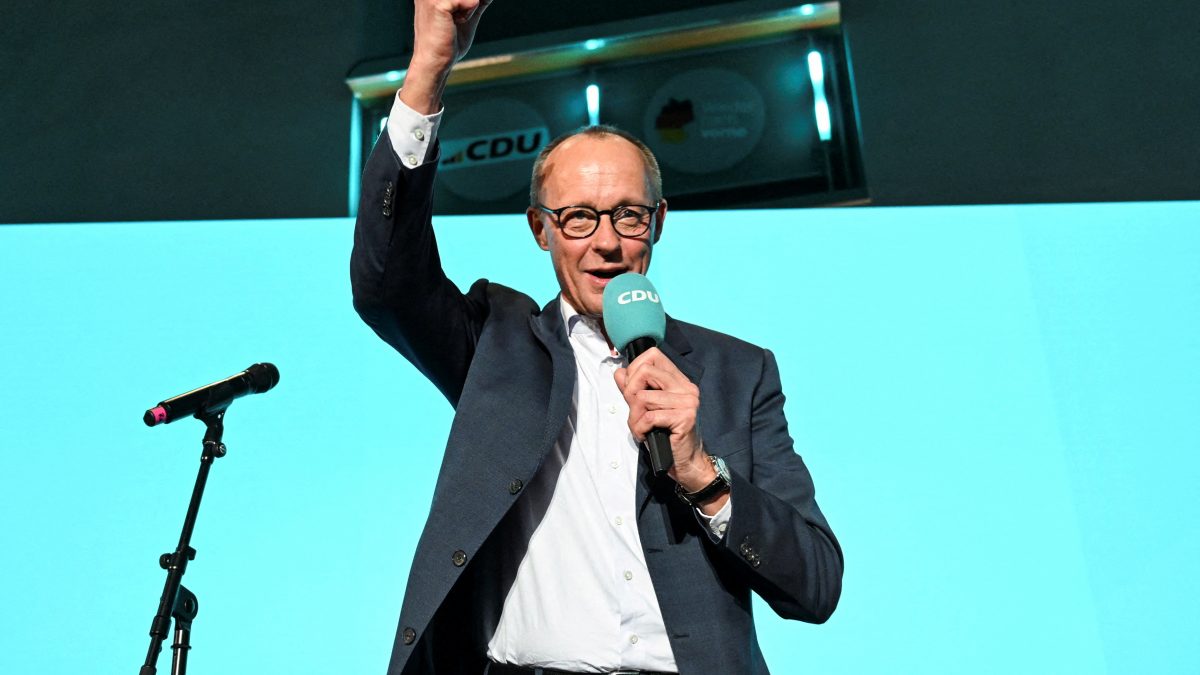)
)
)
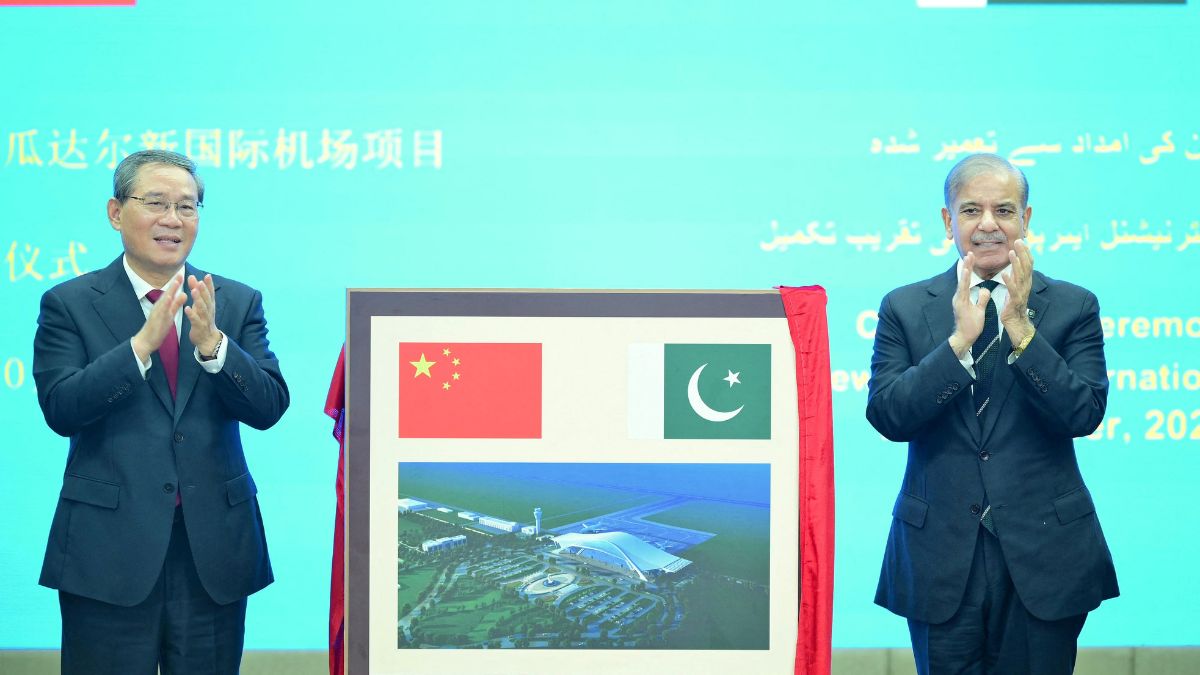)